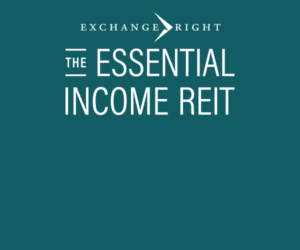
SEC Filings: What are All of Those Forms?
November 10, 2017 | Beth Glavosek | Blue Vault

Reading companies’ Securities and Exchange Commission filings probably doesn’t rank as high on the fun factor as say, watching a good movie or going to a concert. However, they do serve an important purpose.
Finding valuable information
The SEC requires public companies, “to disclose meaningful financial and other information to the public, which provides a public source for all investors to use to judge for themselves if a company’s securities are a good investment.”
Common reports that provide clues to a company’s health include:
- Form 10-Q (contains unaudited quarterly financial statements)
- Form 10-K (contains audited annual financial statements)
- Form 8-K (current information including preliminary earnings announcements)
- Registration statements, including Form S-1. A registration statement is required for new issuers under the Securities Act of 1933. This form number can vary according to the type of company. Nontraded REITs file S-11 statements, while Business Development Companies and Interval Funds file N-2s.
Offering documents – also known as prospectuses – are also filed with the SEC. Prospectuses are usually part of the registration statement or may be filed as supplemental documents or “supplements.”
Other common filings
A post-effective amendment is required if a continuous offering makes fundamental or material changes after the effective date of the registration statement.
Companies are required to send proxy statements prior to any shareholder meeting, whether an annual or special meeting. The information contained in the statement must be filed with the SEC before soliciting a shareholder vote on any matter related to company business and must disclose all important facts that shareholders need to know in order to vote.
For more information
For additional guidance from the SEC on how to read company filings, check out their Beginner’s Guide to Financial Statements.
In future posts, we’ll look at how you can use SEC filings to find answers to specific questions and concerns you may have before or after investing in a company.











